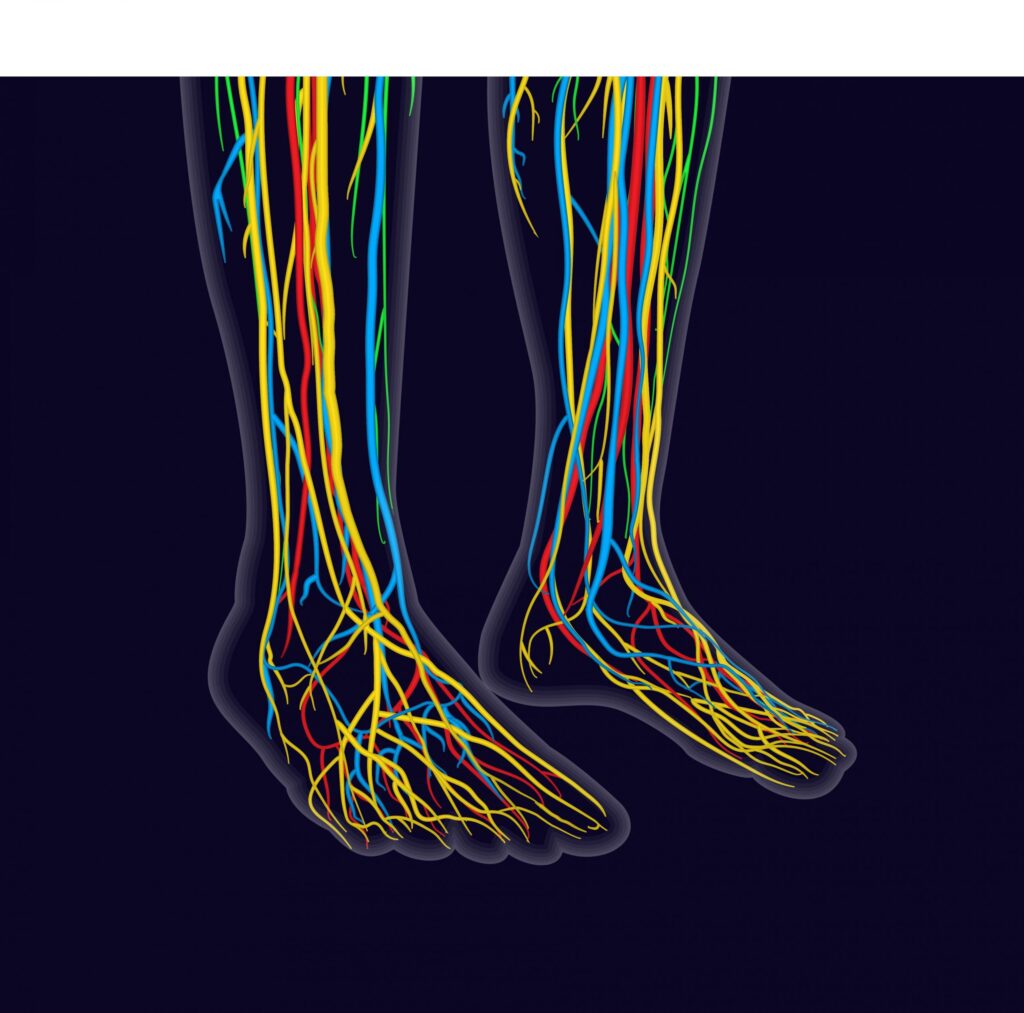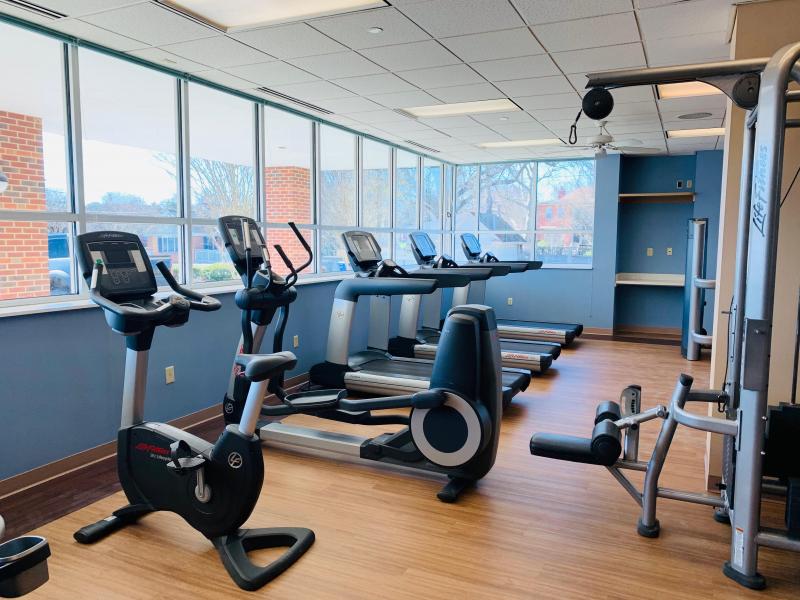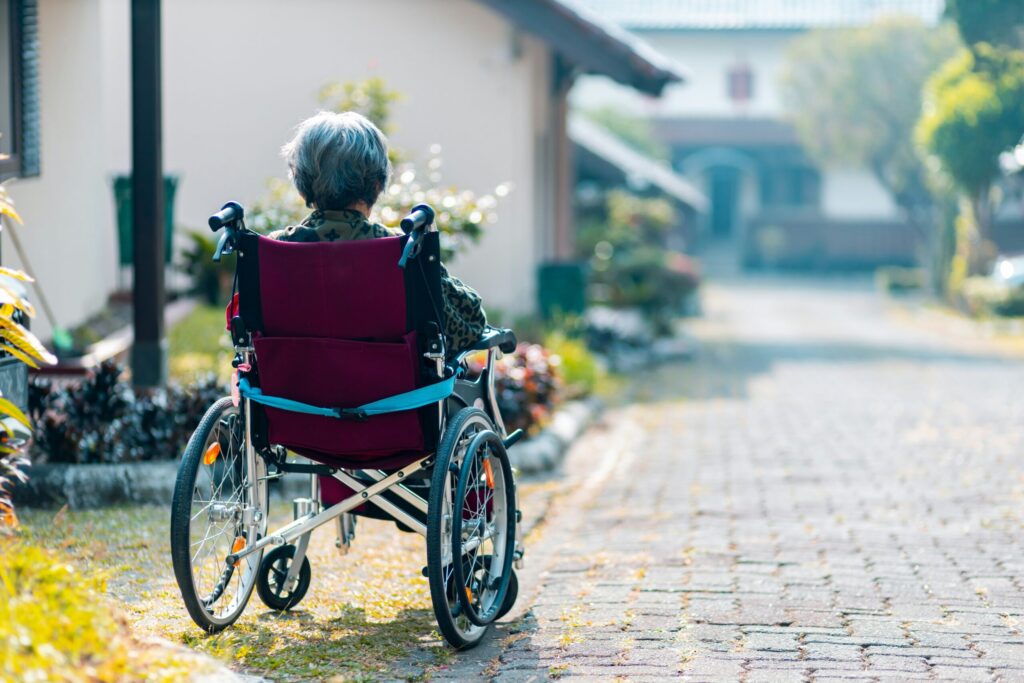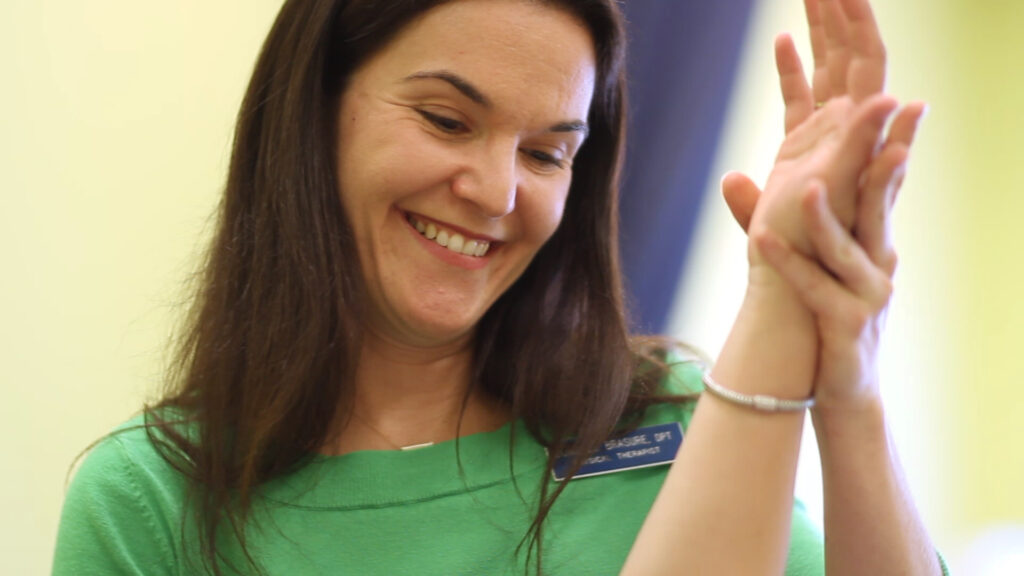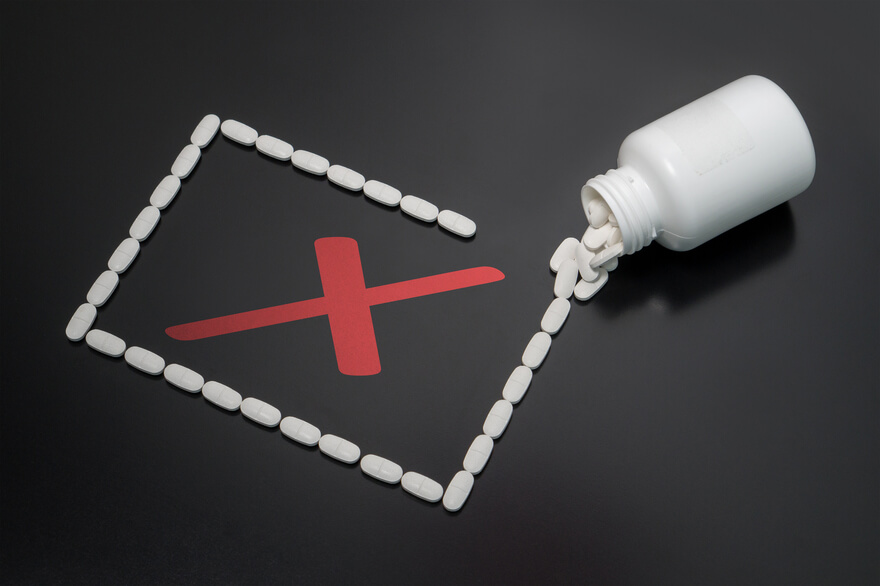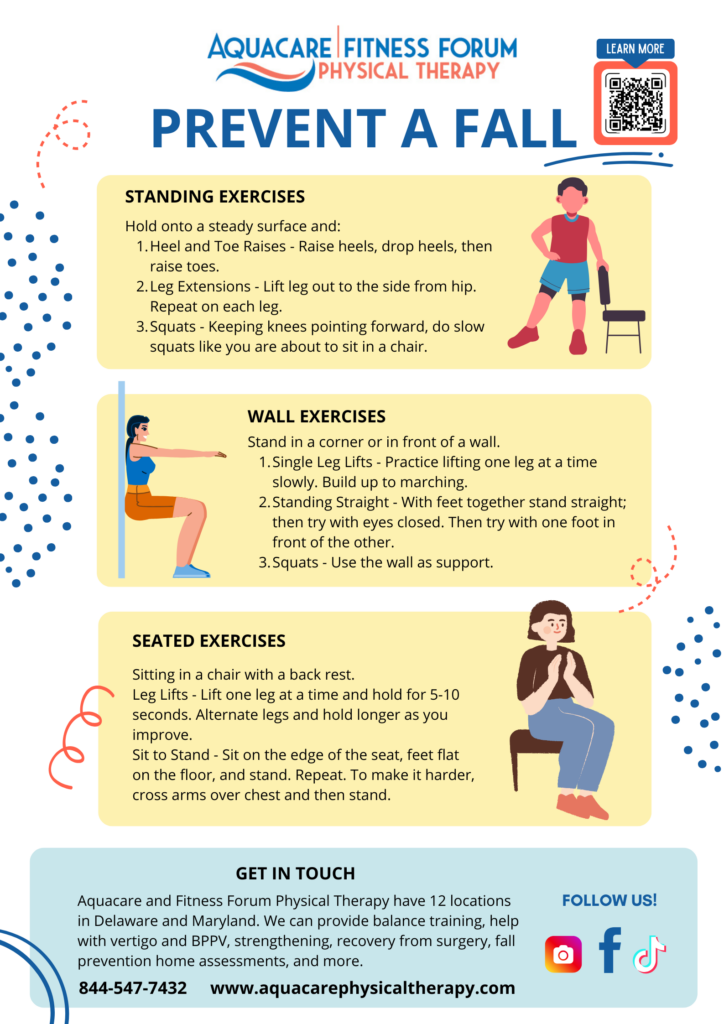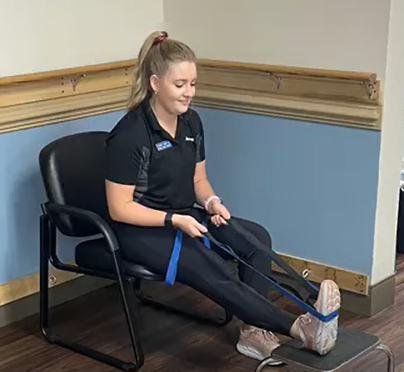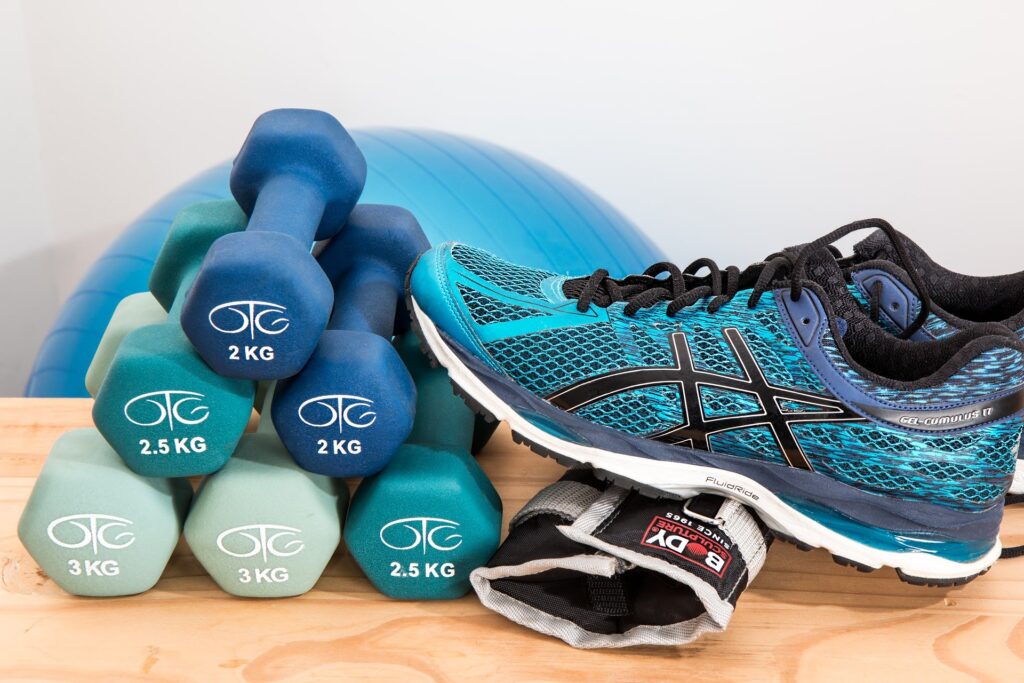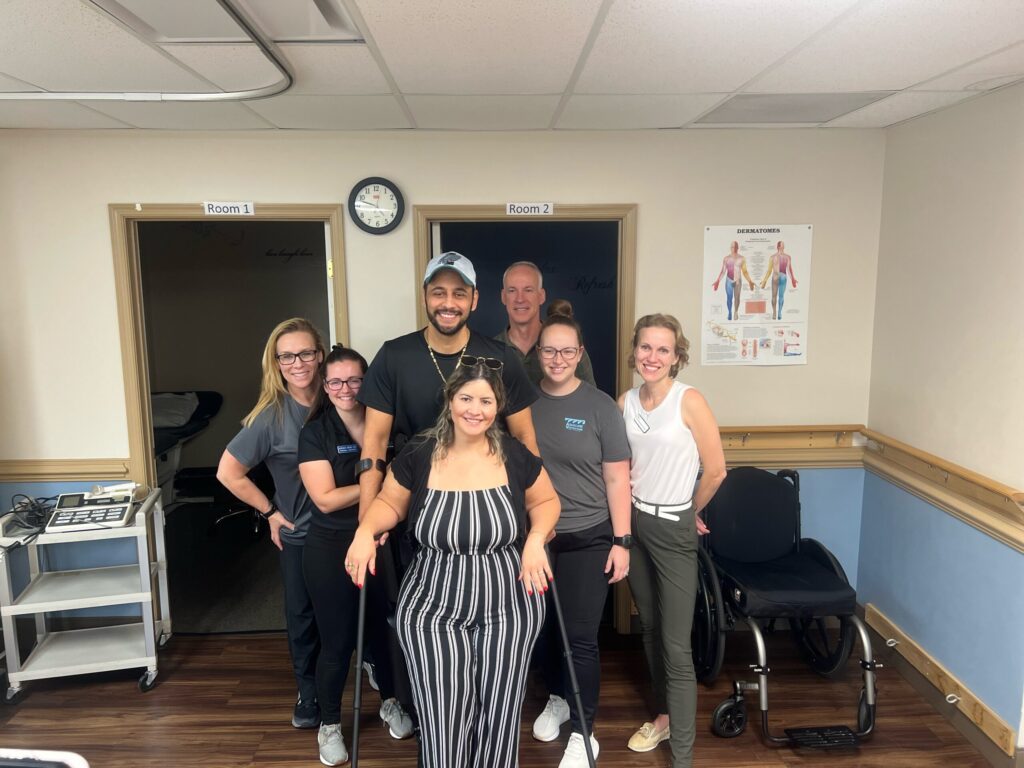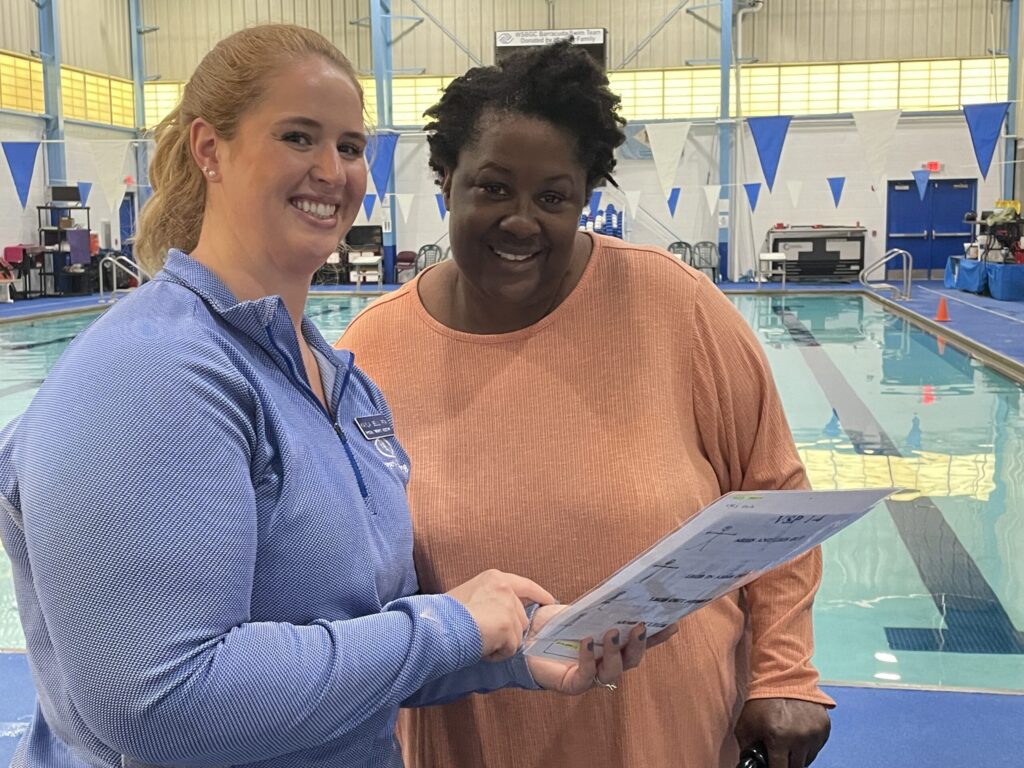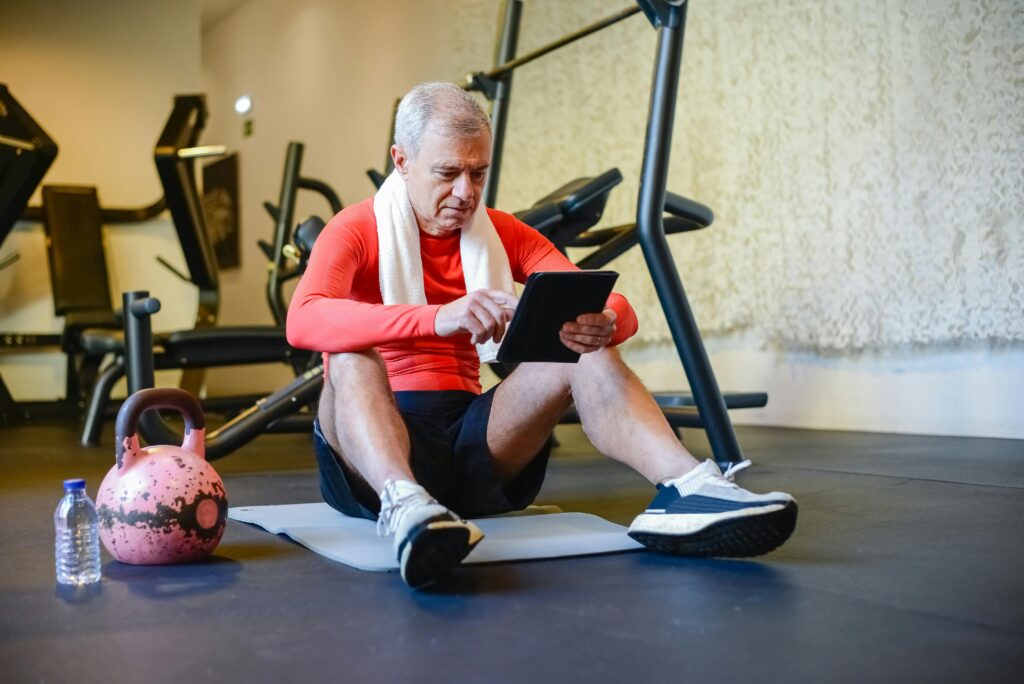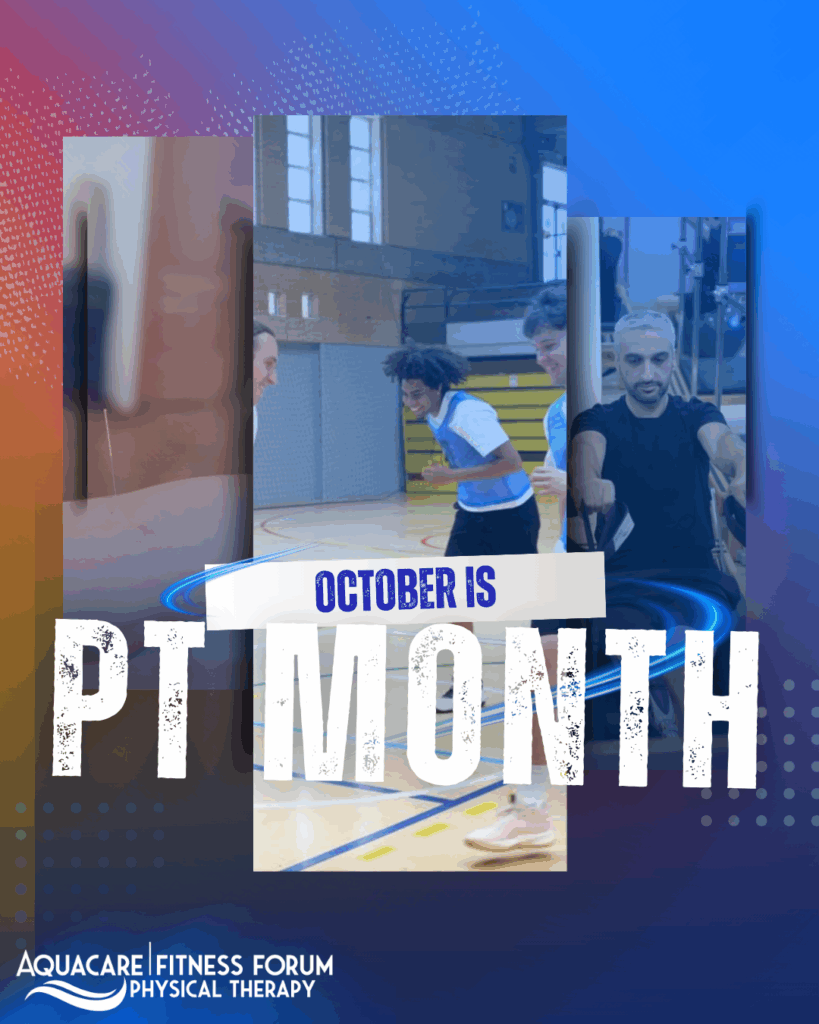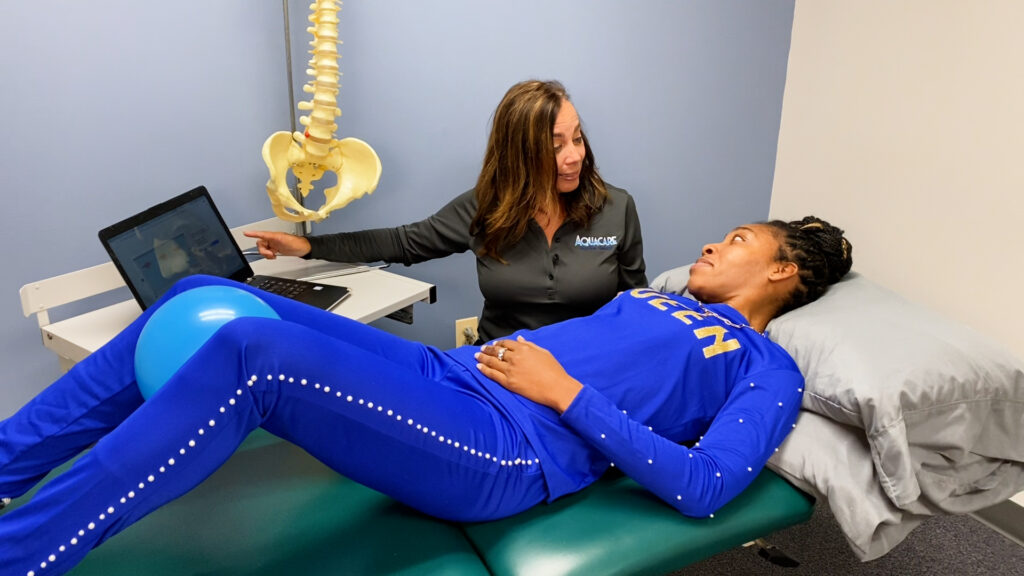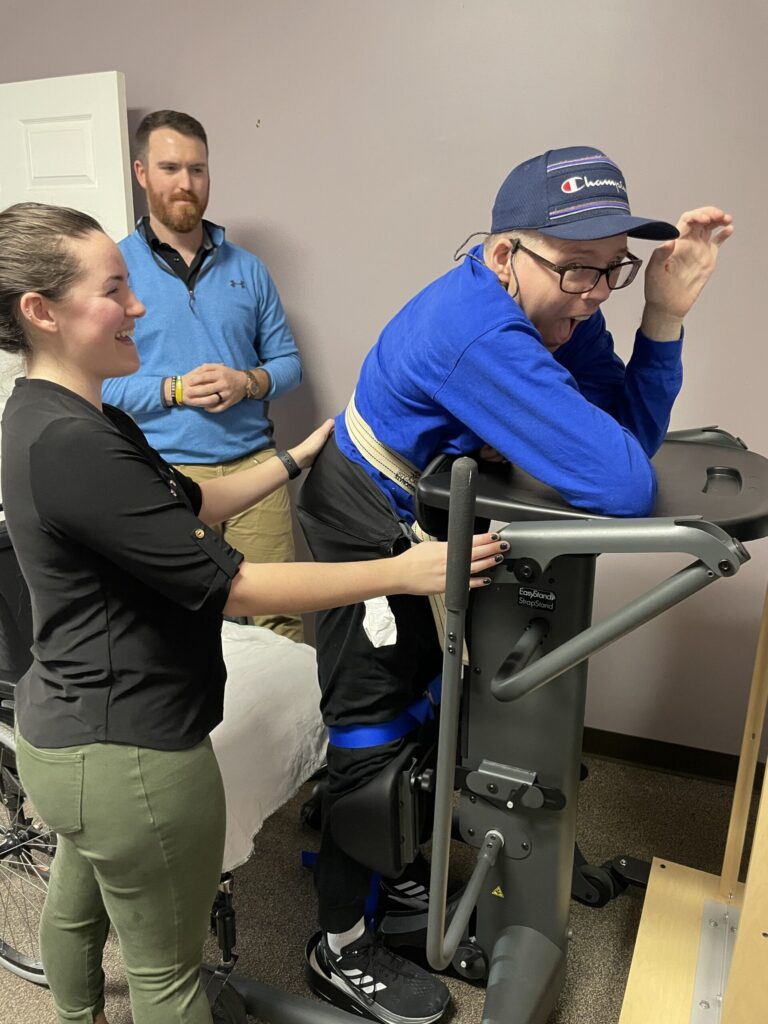
Physical Therapy Can Help With Brain Injury Recovery

By Brooke Mihalek, PTA, Aquacare
Traumatic Brain Injuries affect millions of people each year with a vast majority of them being young adults or children.
A traumatic brain injury or TBI can completely change a life, potentially causing a debilitating injury that results in lifelong physical, cognitive, and behavioral changes.
March is Brain Injury Awareness Month. Through both Brain Injury Awareness Month and Concussion Week, advocates will work to raise awareness of how these are more than just injuries – they can be lifelong illnesses.
What is the difference between TBI and concussion?
Unlike concussion, TBI is a severe and often debilitating injury that can result in lifelong physical, cognitive, and behavioral consequences.
TBI is an injury caused by a jolt or blow to the head, which disrupts the normal functioning of the brain. This can result in bruising, bleeding, or tearing of brain tissue, leading to a range of symptoms such as headache, nausea, confusion, and loss of consciousness. TBI can occur due to a variety of reasons, including falls, sports injuries, car accidents, and physical assaults.
On the other hand, concussion refers to a mild TBI that occurs due to a blow to the head but does not result in any visible damage on imaging scans. While concussion can cause symptoms similar to TBI, such as dizziness, headache, and memory problems, it typically resolves within a few days to weeks with proper rest and management.
The main difference between TBI and concussion is in the severity and long-term effects. While concussion may not result in any lasting damage, TBI can cause permanent changes in the brain’s structure and function.
People with TBI may experience a range of physical, cognitive, and emotional symptoms such as difficulty with movement, memory loss, personality changes, and depression, which can significantly impact their quality of life.
How can physical therapy help in brain injury recovery?
TBI can have a profound impact on a person’s ability to work, maintain relationships, and carry out day-to-day activities independently. For these reasons, it is essential to seek prompt medical attention and follow a comprehensive rehabilitation program for TBI management.
Physical therapy is a critical piece of the puzzle to healing after a TBI where the brain and the muscle reconnect. Most of the time you don’t have to think about moving your hand to grab a cup, or lifting your foot to take a step because these come naturally. However, for people with TBI, their brain may no longer remember how do these things. They need to be relearned through physical therapy.
Aquacare’s team of expert physical therapists, includes several who specialize in recovery from brain injuries. Their goal is to return as much of their patients’ independence as possible so they can start to move again and feel more like themselves.
Physical therapy teams work on a variety of skills – from smiling to walking, giving someone a hug, picking up items to opening a door. The team works with patients at any stage of recovery – if the accident happened recently or several years ago.
Remember:
● Every injury is unique and comes with its own challenges to overcome – don’t compare.
● There is no timeline to recovery! Everyone heals at their own pace.
● Injury can be more than just what you see with your eyes. Tell friends and family to be patient.
● Nothing is too big or too small to be a goal.
● Consistency is key!
If you experience a concussion, our certified vestibular therapists are trained to help you recover quickly from a concussion either from sports or motor vehicle accident.
Concussion symptoms can be effectively rehabilitated through physical therapy. To begin, physical therapists evaluate vision and balance functions to assess how well the brain is processing body movement and how you interact with your surroundings. Our physical therapy team works one-on-one with you to create a specially tailored plan to help you fully return to regular activities, such as work, school or sports.
Do not start a new exercise routine without discussing it first with your healthcare provider. If you are ready to get help to alleviate your pain, we have multiple locations trained to help patients with TBI. Call Aquacare at 844-547-7432 to schedule a consultation.
Aquacare has 10 locations in Delaware and Maryland, so chances are one of our locations is right in your neighborhood. Learn more: www.aquacarephysicaltherapy.com.

